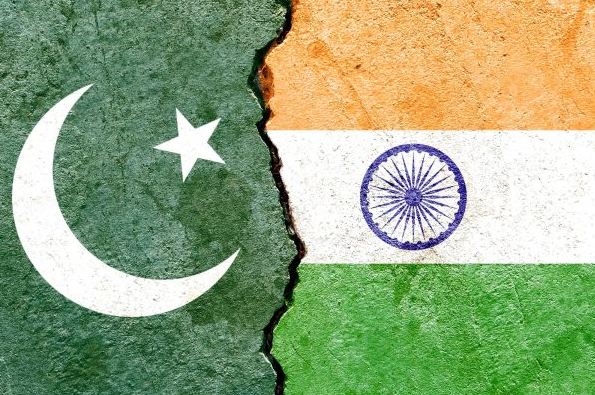Mamoon Azeem
India finds itself at a pivotal juncture with the recent passage of a bill in Uttarakhand, a northern state governed by Prime Minister Narendra Modi’s BJP, proposing a Uniform Civil Code (UCC). This code aims to replace religion-specific civil laws with a standardized set applicable to all, challenging the current diverse legal frameworks that vary across religions.
The Uniform Civil Code has been a longstanding constitutional recommendation with the idea of a unified set of rules for all citizens. The recent provisions under the new law include the banning of polygamy, setting minimum marriage ages, prohibiting marriage among close relatives, and ensuring equal inheritance rights for sons and daughters. It also attempts to regulate live-in relationships, sparking debates on personal freedom versus government intervention.
However, the move has faced opposition, primarily from the Muslim community, the largest minority in India, constituting over 14% of the population. Critics argue that the UCC infringes upon religious practices, particularly polygamy, deeply rooted in Islamic law. Additionally, tribal groups have voiced their dissent, emphasizing the need to respect the diverse cultural fabric of the country.
The introduction of the UCC aligns with the broader transformation underway in India. The BJP, under Modi’s leadership, is steering the country towards a Hindu Rashtra, as evident in the implementation of Hindutva-driven policies. The construction of the Ram temple and the abrogation of Jammu and Kashmir’s autonomy were other significant promises fulfilled by the BJP, underscoring the party’s Hindu-centric agenda.
The political landscape is shifting as India experiences rapid economic growth, becoming the world’s fifth-largest economy. The growing influence of Hindutva not only impacts the social and religious freedoms of minorities but also signals a more assertive approach to regional geopolitics. The annexation of Kashmir and India’s assertive stance on the world stage reflect this shift.
In light of these developments, Pakistan must adopt a nuanced and strategic approach to safeguard its interests. India’s economic prowess and military capabilities pose significant challenges, requiring a balanced strategy that avoids both appeasement and high-risk confrontations.
India’s trajectory, marked by the intersection of religious transformation, economic growth, and geopolitical assertiveness, demands careful consideration and proactive measures from Pakistan. The evolving dynamics in the region necessitate a careful and critical evaluation of Pakistan’s policies, militarily, economically and politically. Pakistan shot itself in the foot by segregating the militaristic dimension from the economy and internal politics from day one. If our policymakers are serious about countering India, they must start by decreasing the political temperature and work on resolving the political polarization in society.

















